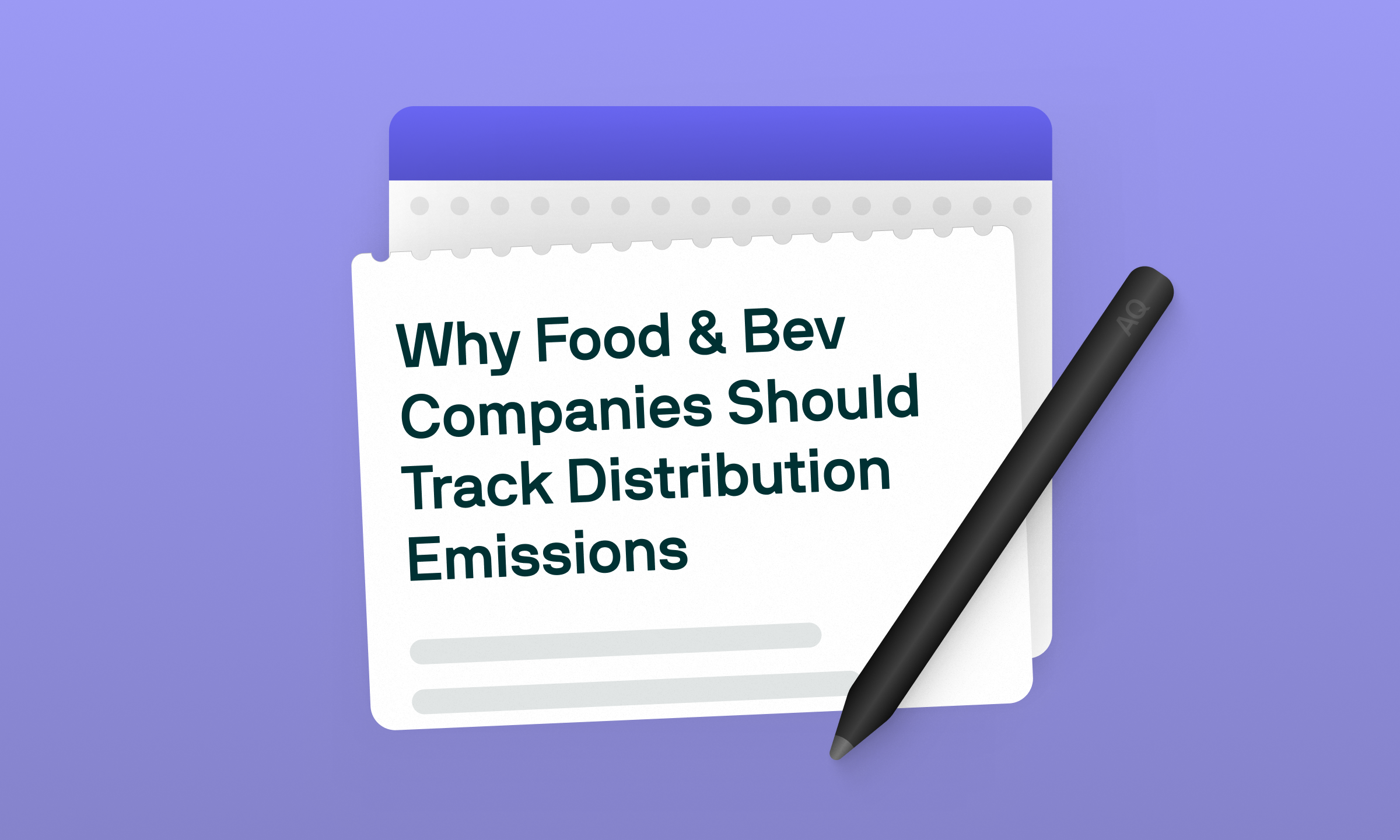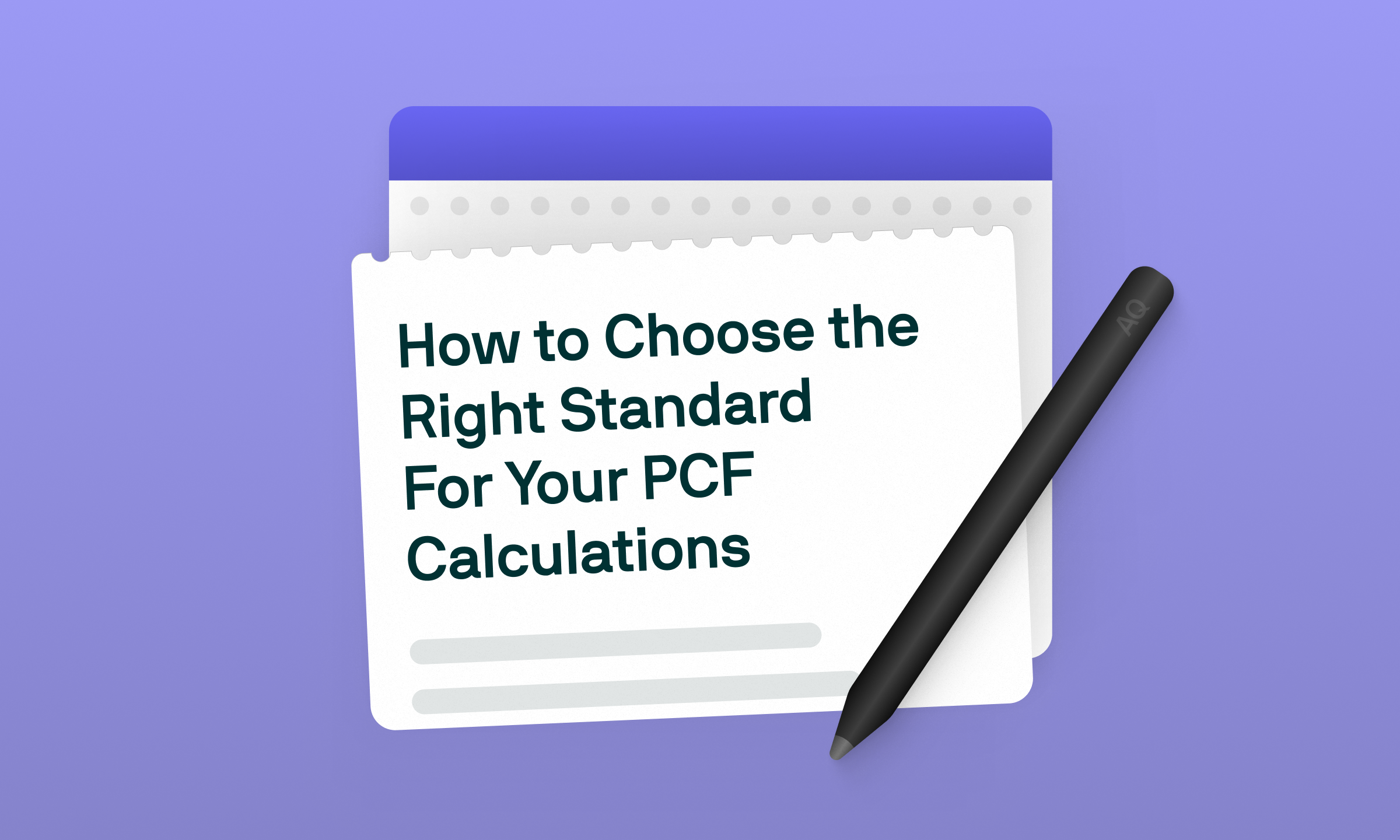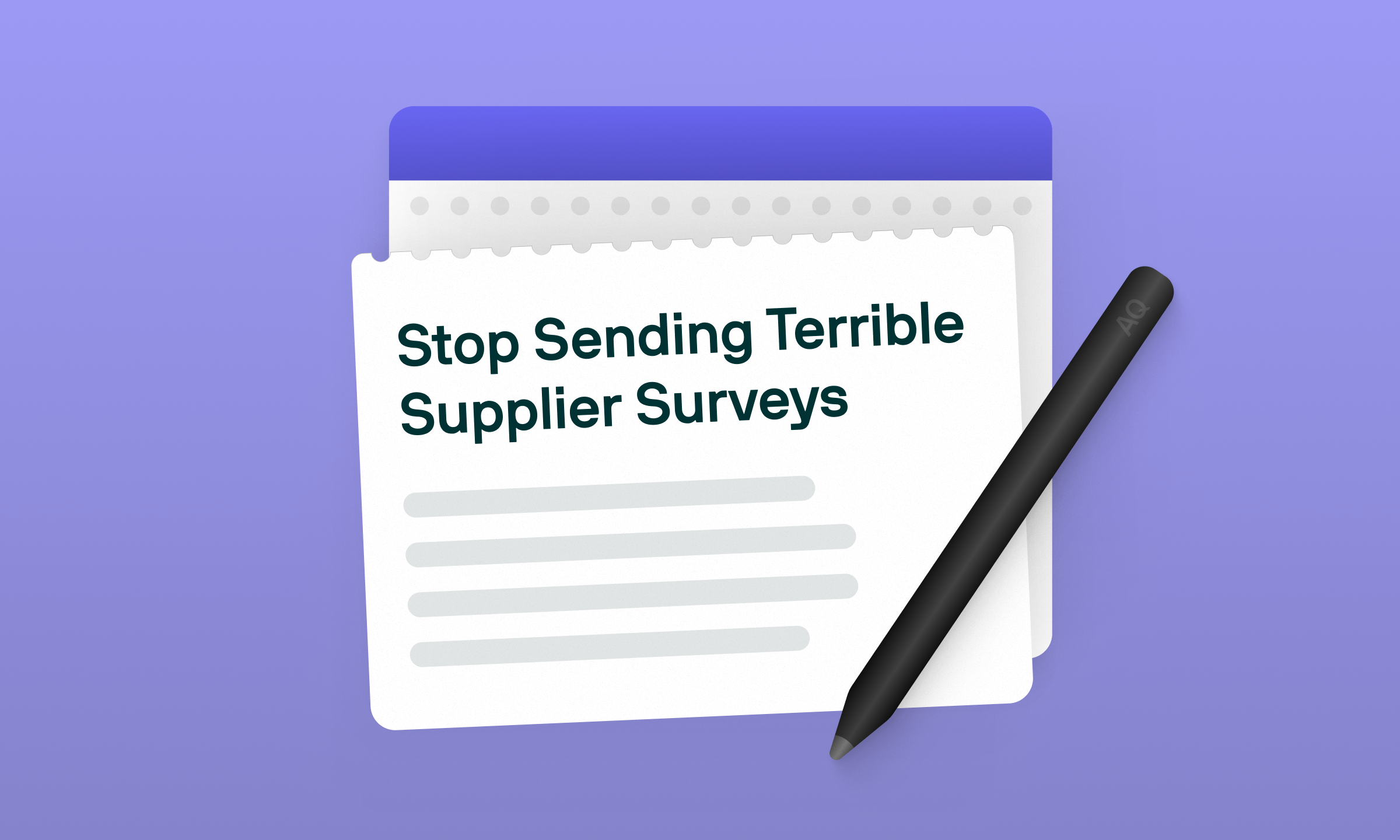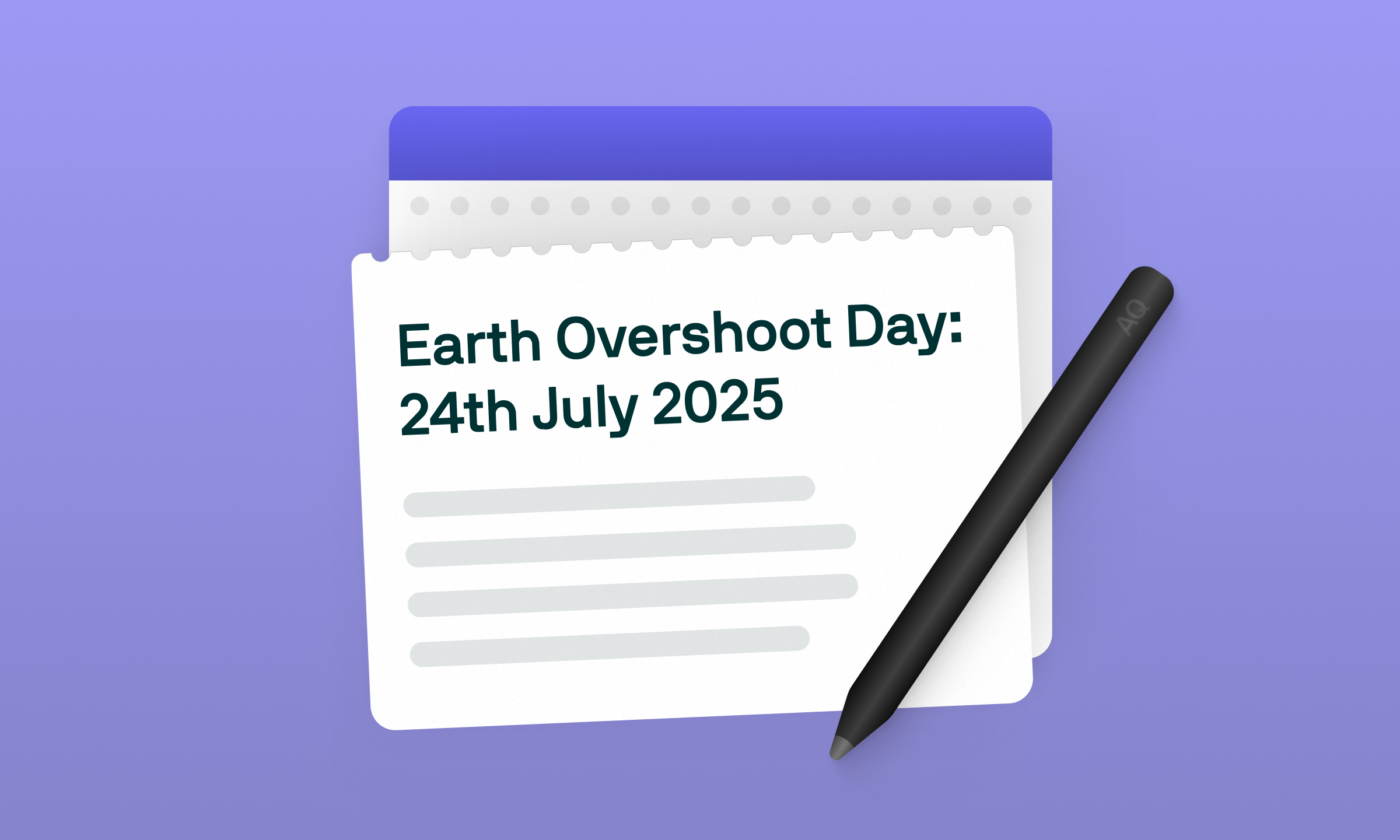What you'll learn



EU -Deforestation Regulation Explained
Deforestation: why is it bad and what laws are stopping it?
Deforestation is a driver of both carbon emissions and nature loss, with over 10 million hectares of forest cover lost every year (that’s a football pitch every 6 seconds). The vast majority of deforestation (up to 80%) is due to agriculture, so authorities are introducing regulations to cut deforestation out of supply chains.
The EU, UK and US are all introducing laws to prevent deforestation. This is largely by putting the obligation on companies to conduct due diligence in their supply chains to prove there is no risk of deforestation.
Each law explained:
- EU - Deforestation Regulation (EUDR): outlaws any deforestation in the supply chains of 7 key commodities, obliging companies to prove this with their own due diligence. This was passed into law in June 2023.
- UK - Environment Act: this is set to require similar due diligence by companies into supply chains but is set to only focus on stopping illegal deforestation, and the exact details are to be confirmed in upcoming secondary legislation.
- US - FOREST ACT: this sets similar due diligence requirements on companies on stopping illegal deforestation, but has further provisions to fund countries conservation efforts with a $20M fund. This has been introduced to Congress, and its provisions likely to be picked up in a future act.
Who’s impacted?
The deforestation laws target all companies that sell any of the affected commodities, or any derived products of them.
The EU regulation covers palm oil, soy, wood, cattle, cocoa, coffee and rubber - which the US and UK versions are likely to follow.
This casts a wide net, with the commodity list meaning that affected business will sit across sectors such as food, beauty, consumer goods, paper and furniture.
There are no size requirements which means all companies dealing with the covered commodities will be obliged to conduct due diligence.
The important things to know
The EU legislation is the most ambitious in the world and the only one that has been passed so far. This is focused on stopping forests from being converted into agricultural land. This is achieved by effectively outlawing the sale of any covered commodity which cannot prove it is deforestation-free.
Key things to highlight:
- Each product needs to have a due diligence statement submitted - its the responsibility of producers and traders to conduct due diligence, and submit a statement that a product has passed. This statement will be electronic on a platform the EU is creating.
- Non-compliance is punished heavily - any product that doesn’t pass a risk assessment cannot be sold in the EU. Any sold good that are found to be linked to deforestation will be withdrawn and revenues from sales confiscated. This can then be punished with a fine of up to 4% of EU annual revenue administered, and a 12 month ban from selling other products.
What businesses need to do
The EU legislation effectively asks companies to do two things:
- Collect data - for each affected product data on the commodity quantity (in kg net mass) and origin country. Most interestingly, they also ask for geo-tagged location data tying the commodity to its exact production area and production timeframe.
- Conduct risk assessment - this is to show there is negligible risk of deforestation by assessing a host of country and commodity risk factors, and to apply a risk mitigation plan if not.
The hard bit is having enough supply chain traceability for data collection. This can get especially difficult in complex supply chains where aggregation and mixed sourcing can make it near impossible to trace back to the original small-scale farmer.
This will apply to companies from 30 December 2024, so the best place for businesses to start is working with their supply chain to collect this sourcing data.
What to expect going forward
The exciting (and difficult!) part of deforestation regulation is that it puts the onus for data collection and supply chain traceability on those businesses bringing products to market. How easy this is will be affected by a couple of developments:
- Alignment with other regulation - There are other due diligence regulations with similar requirements, such as the EU’s CSDDD for modern slavery and environmental impacts. Companies will find this easiest if they have strong relationships with their suppliers, and combine all of their supply chain data requests together.
- Wider deforestation scope - The EU is planning a review to consider also outlawing land conversion from wetlands, peatlands and grasslands as habitats. The commodity list may also expand, with other commodities that could be covered including maize and other biofuels.
- The role of certification schemes - The EUDR does not allow certification schemes to stand instead of due diligence requirements. Even so, schemes can help by providing the data for company checks and making the risk assessment easier. Schemes such as RSPO and FSC can help by building the data infrastructure for supply chain traceability.
Learn more
- European Parliament - The EUDR regulation
- Carbon Brief - What does the EU’s new deforestation law mean for climate and biodiversity?
- Global Citizen - Introduction to the FOREST Act
- WWF - Due diligence in the UK
- Trase - a data platform for deforestation risk
By Dan Enzer, Sustainability Research Associate at Altruistiq



.svg.webp)






.png)



